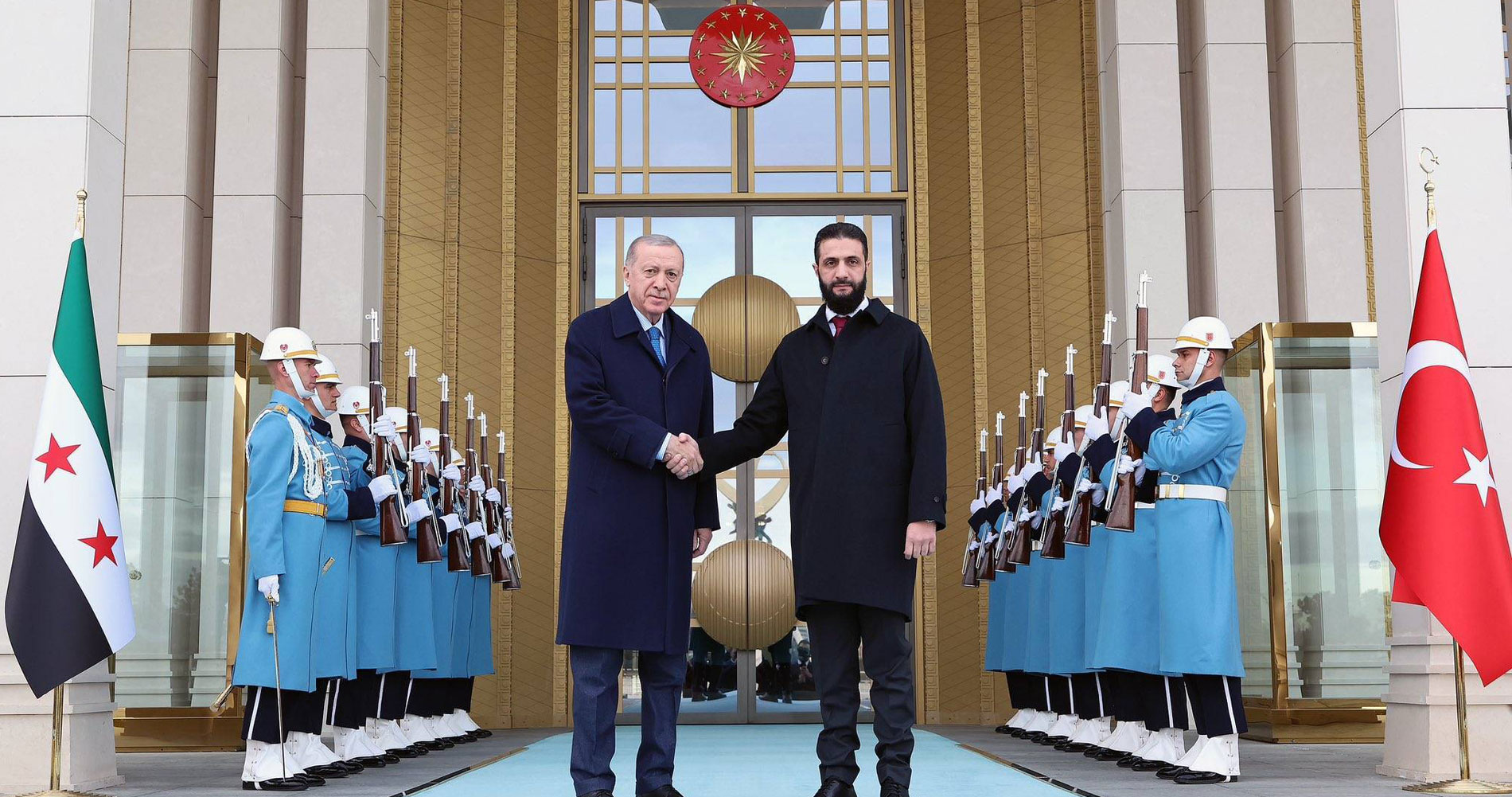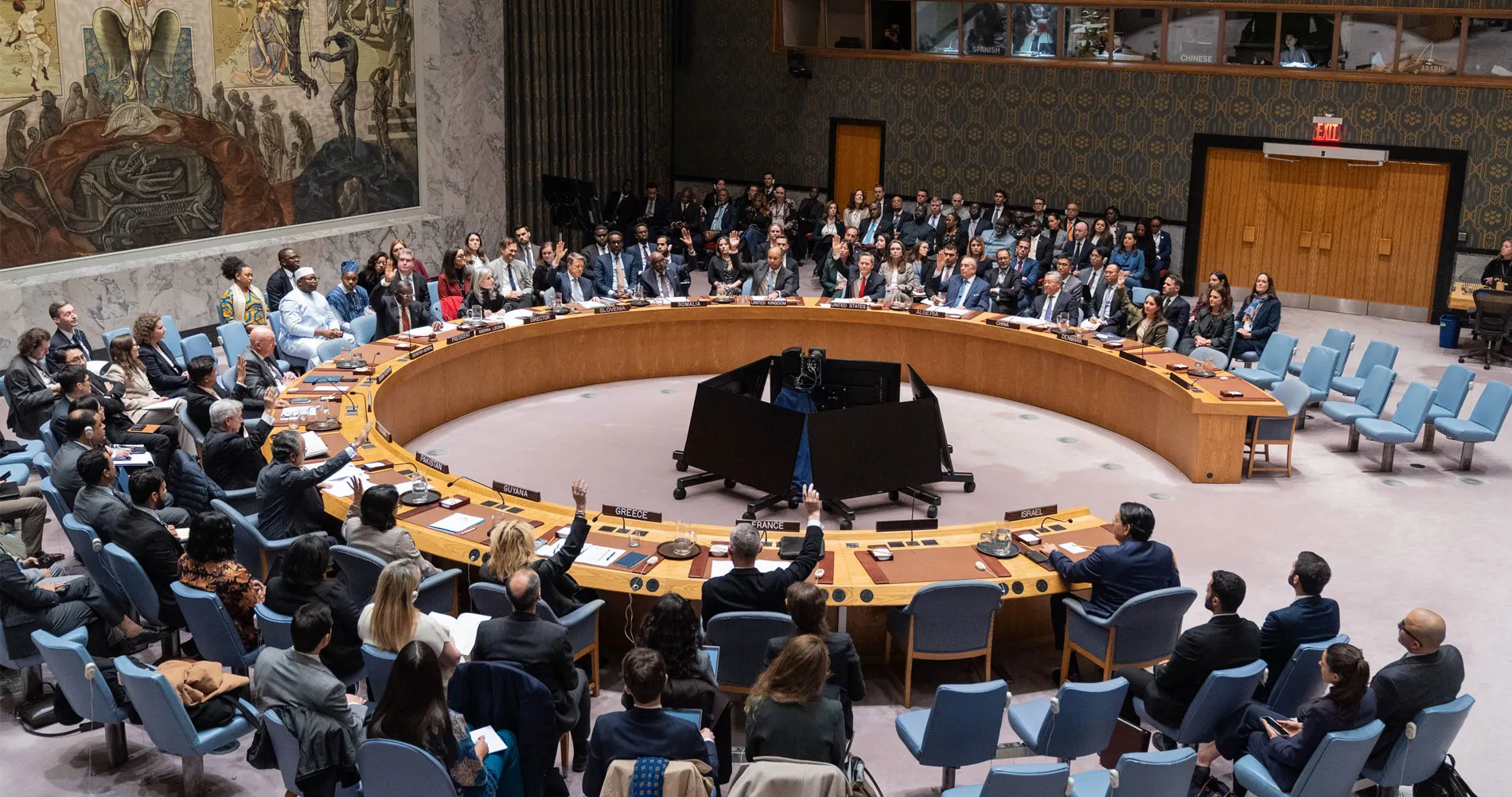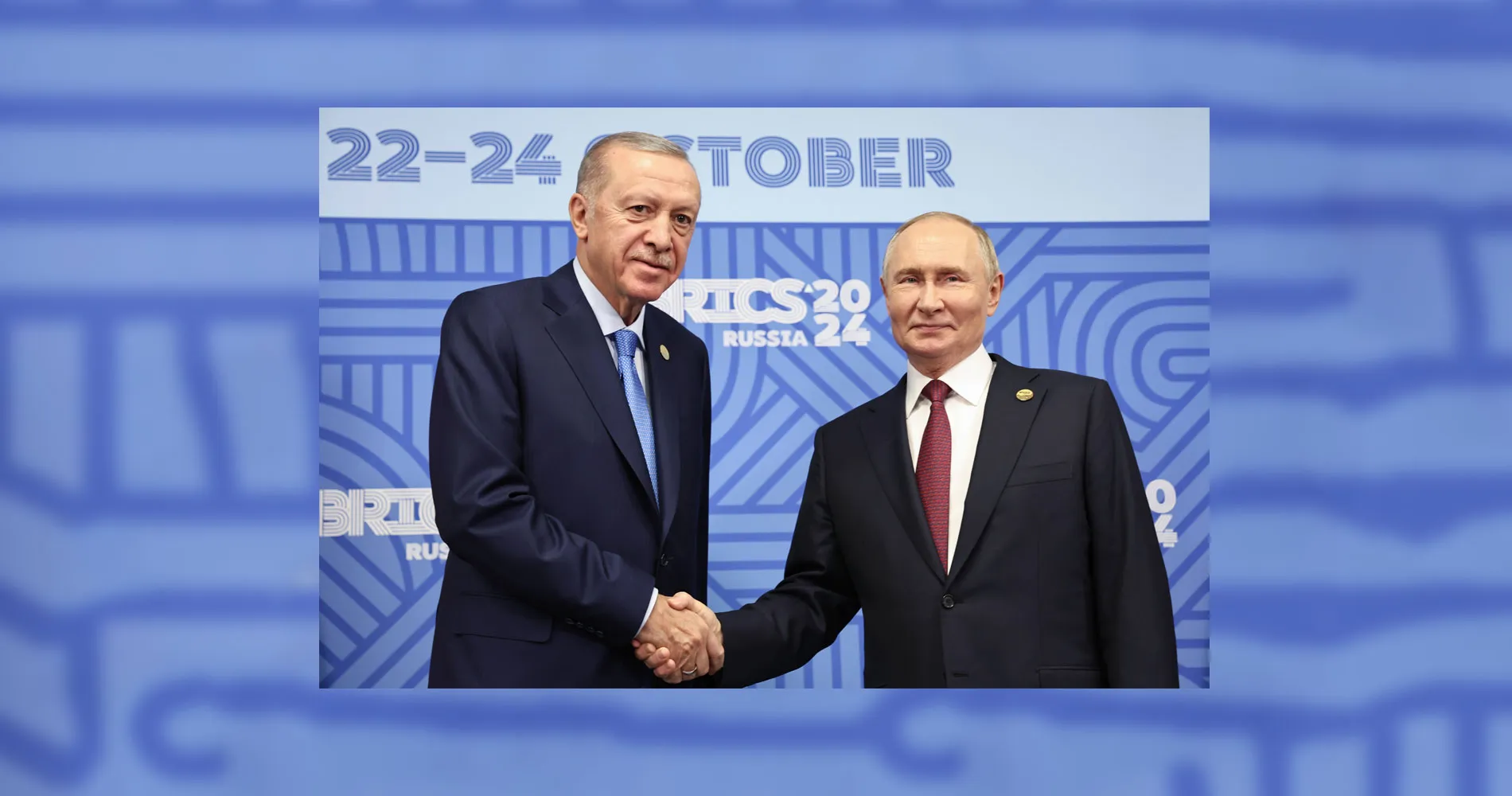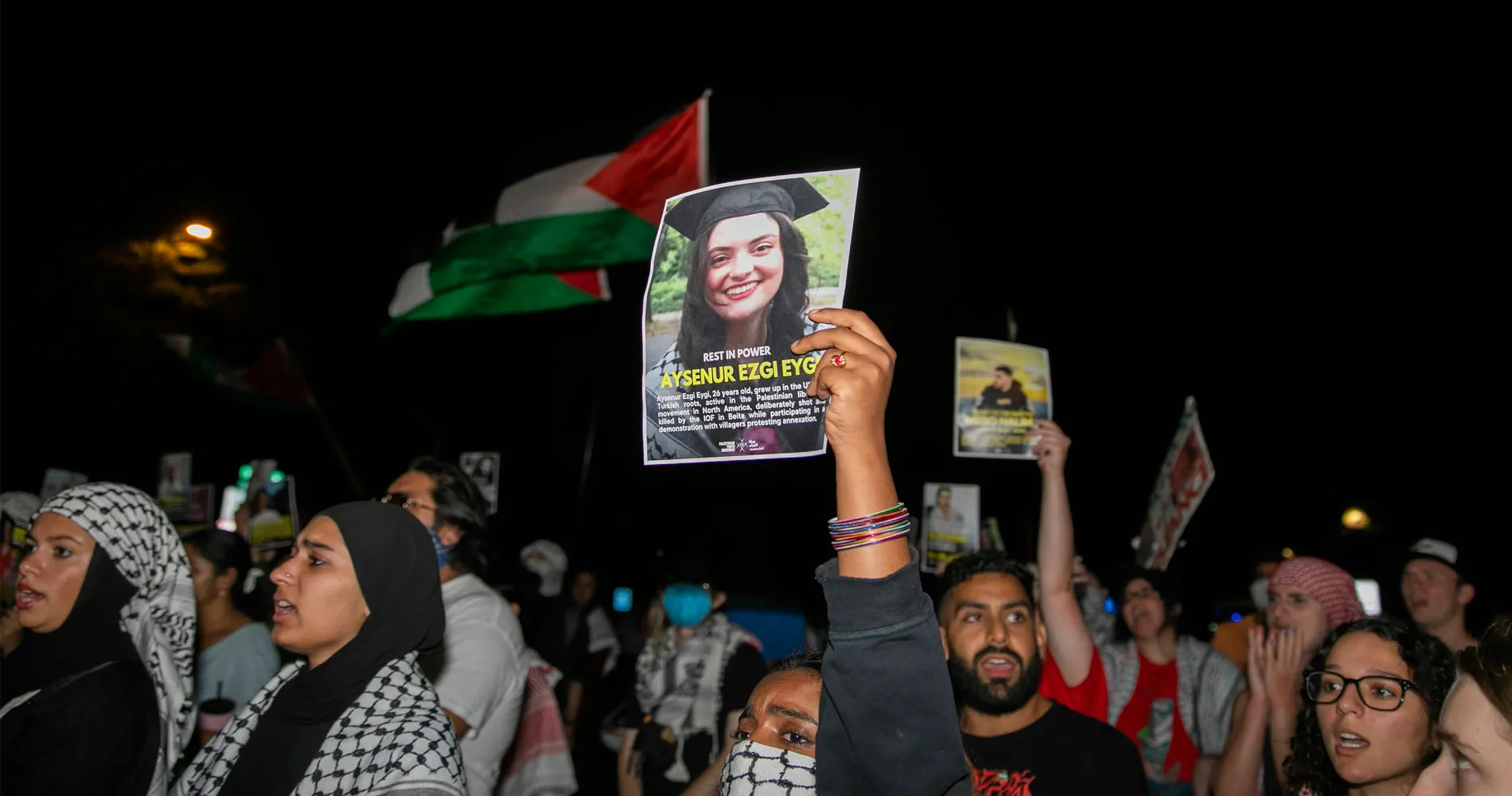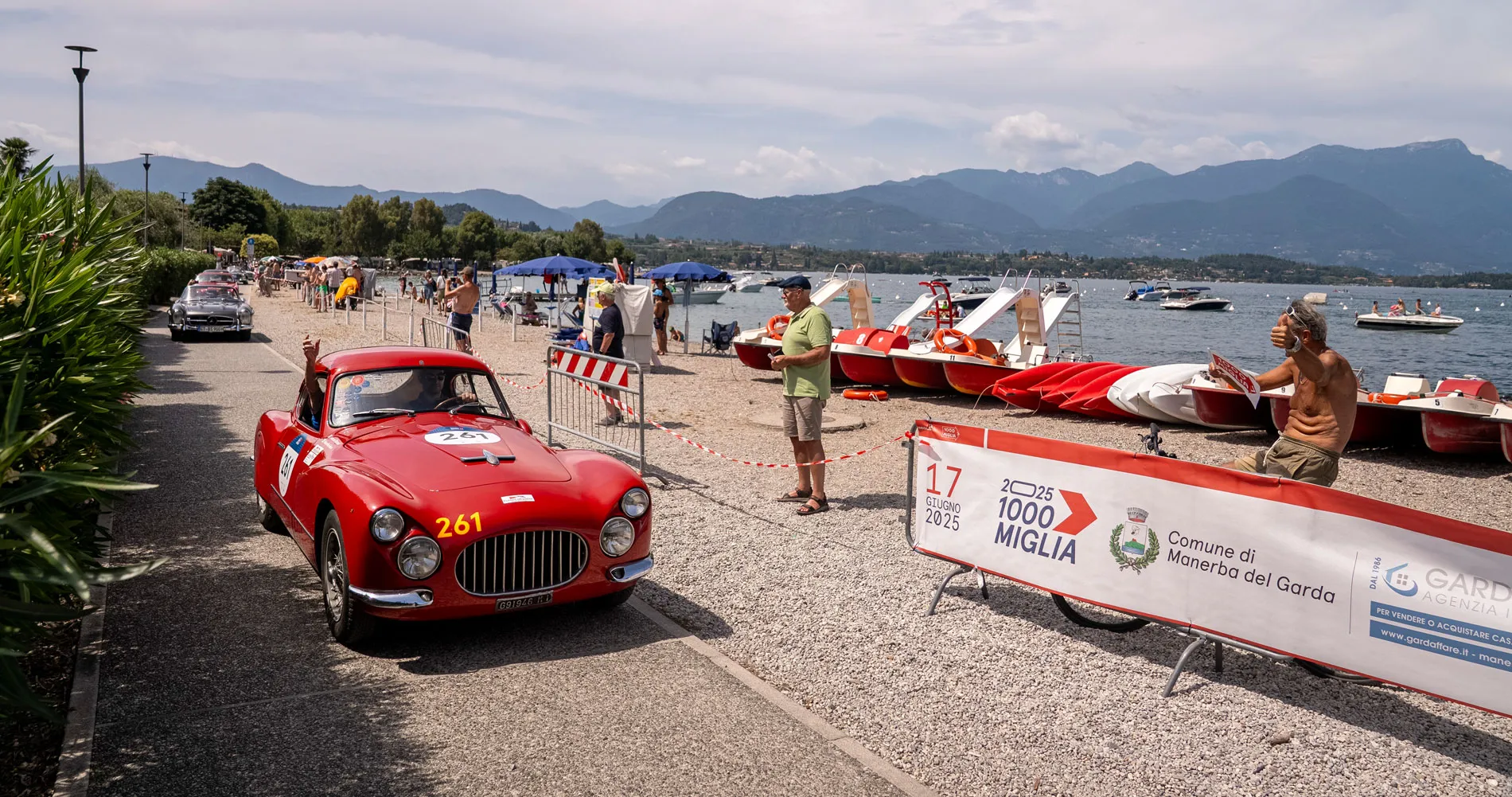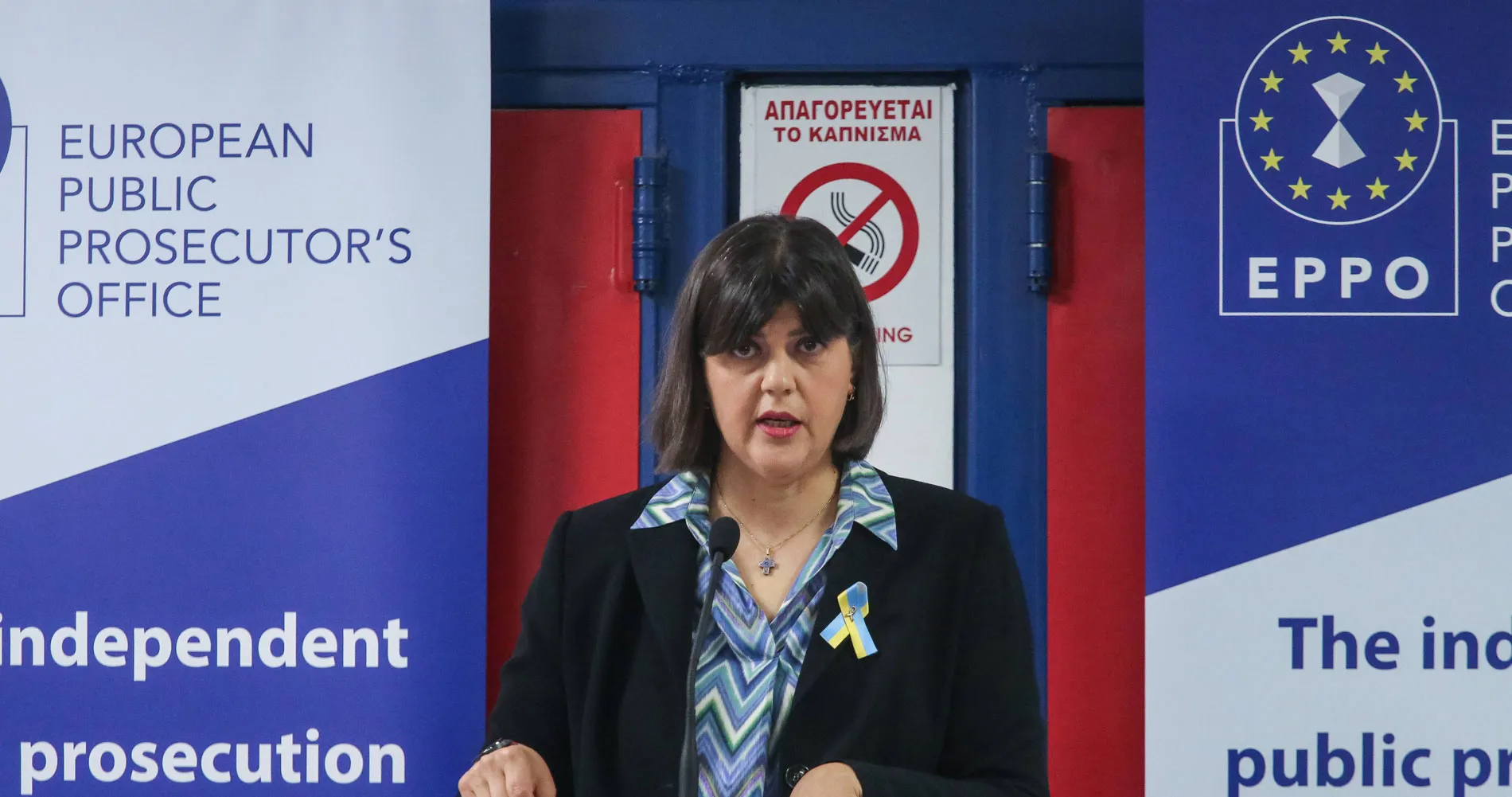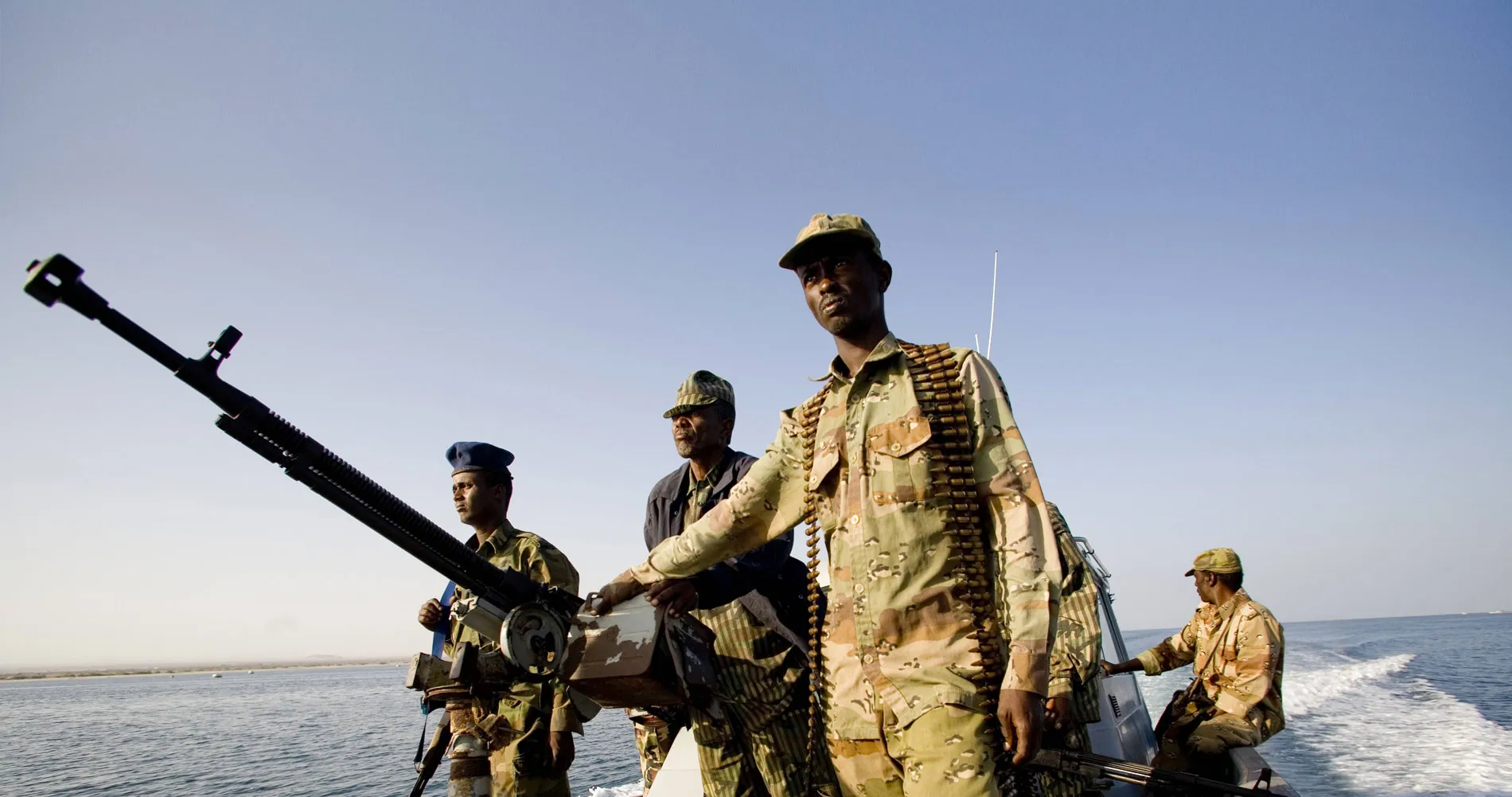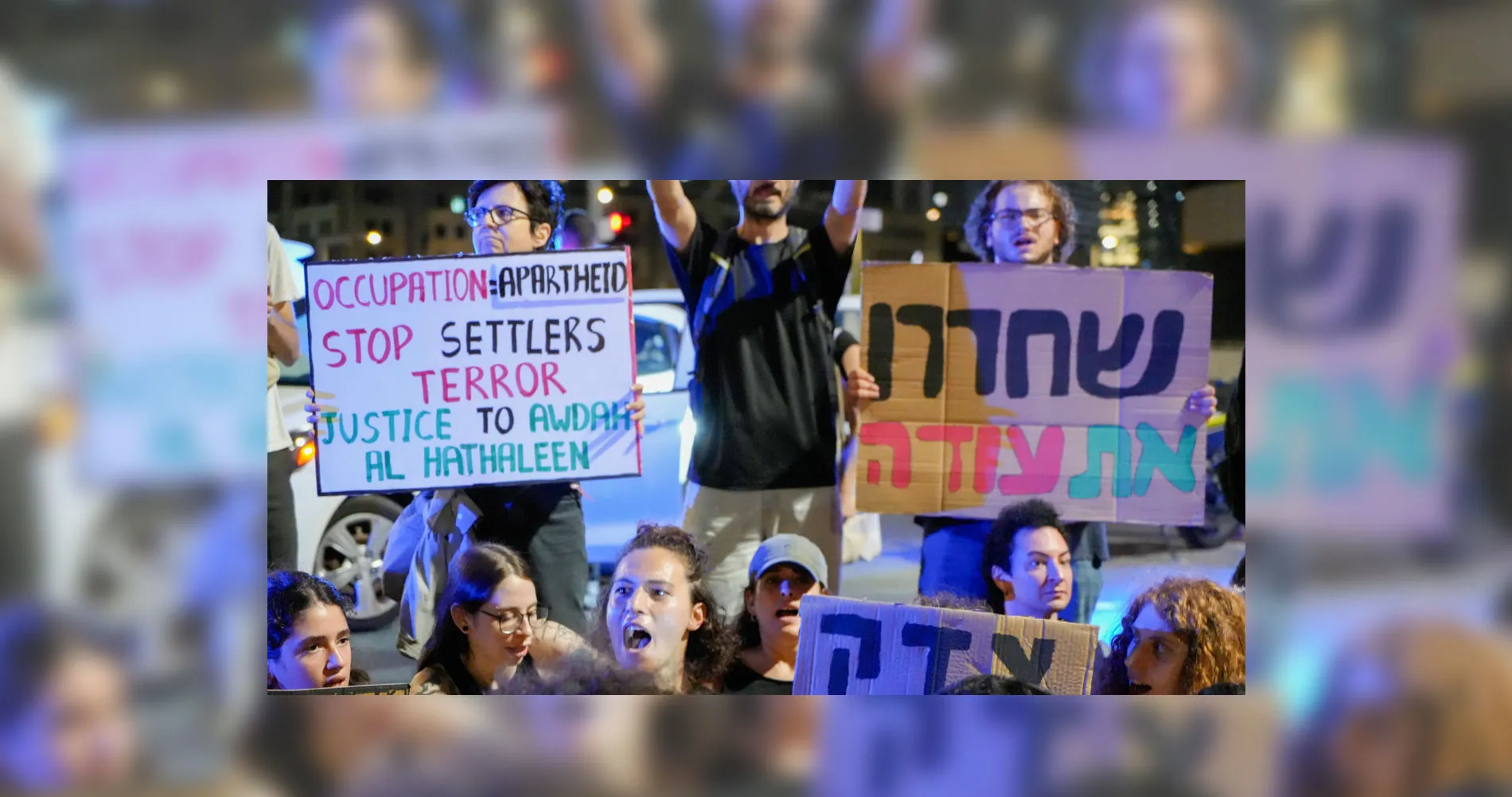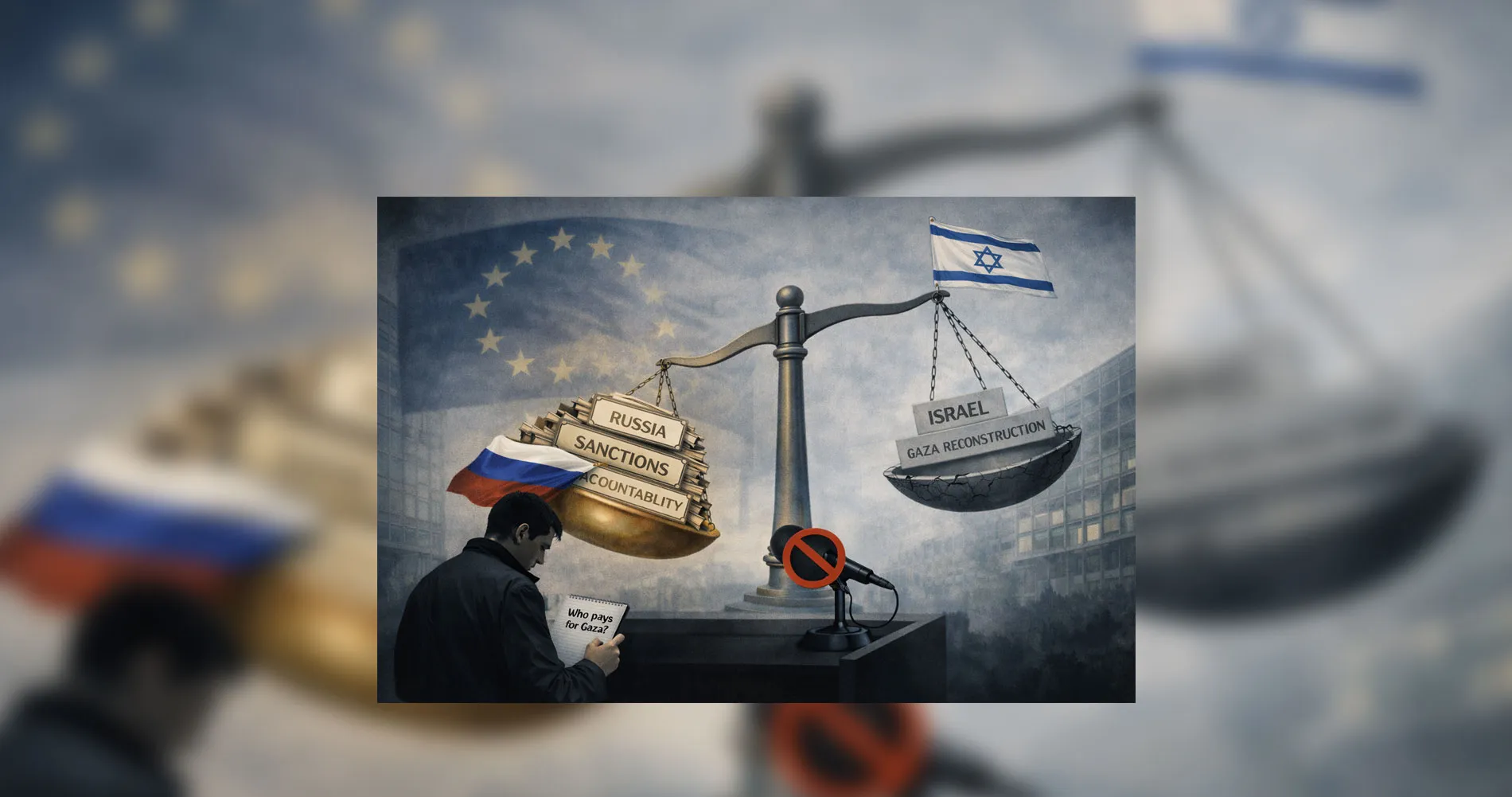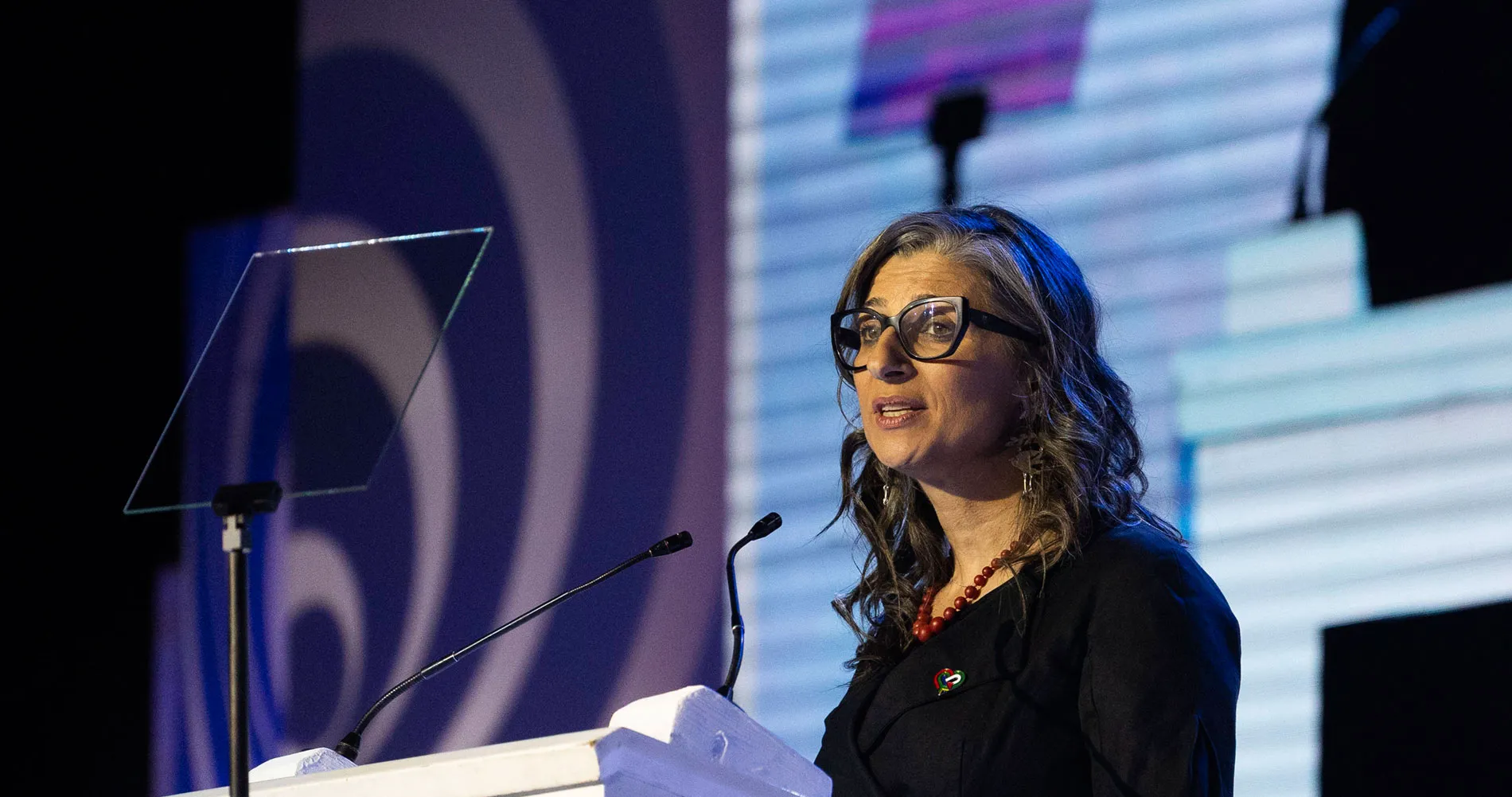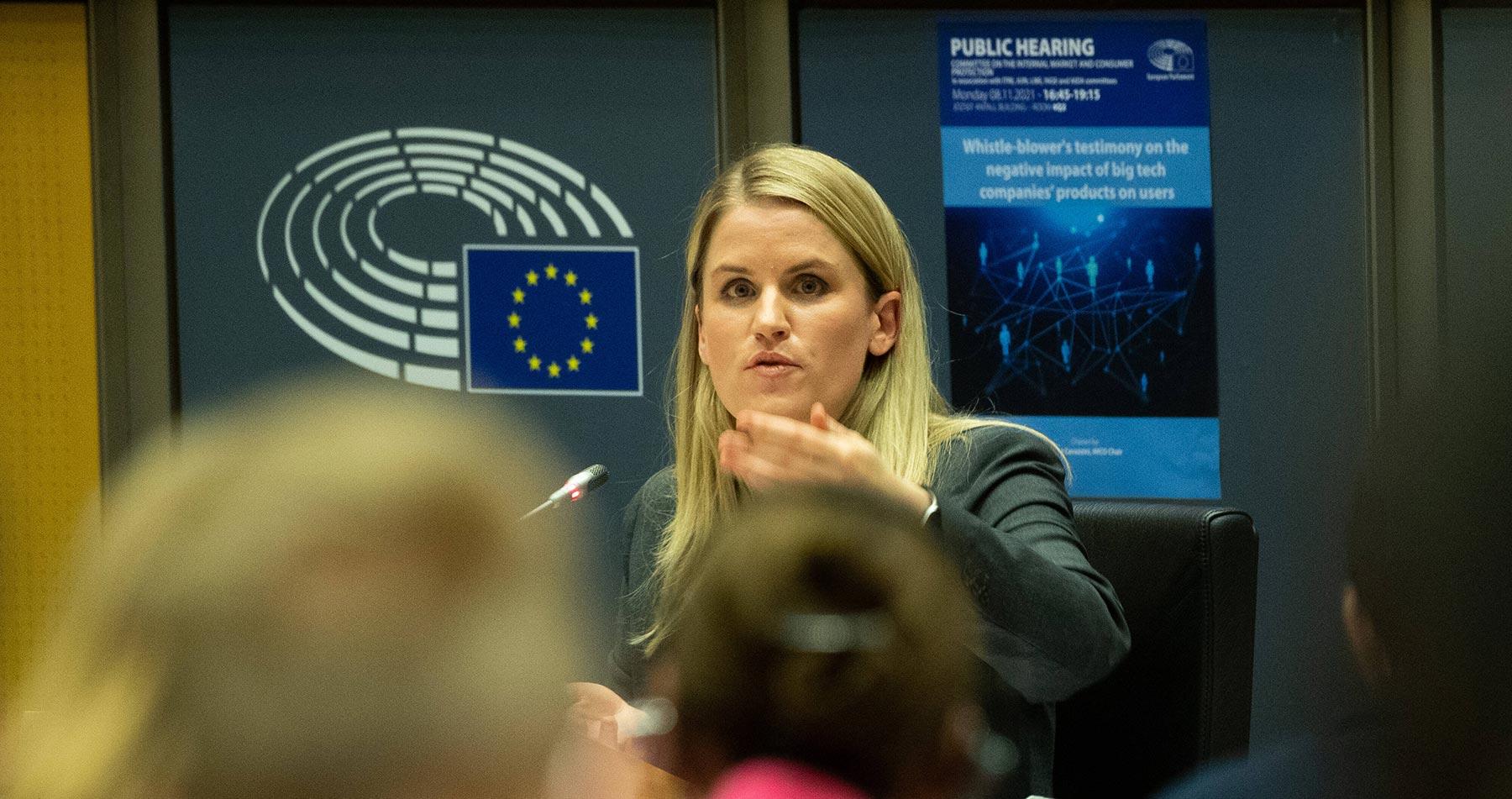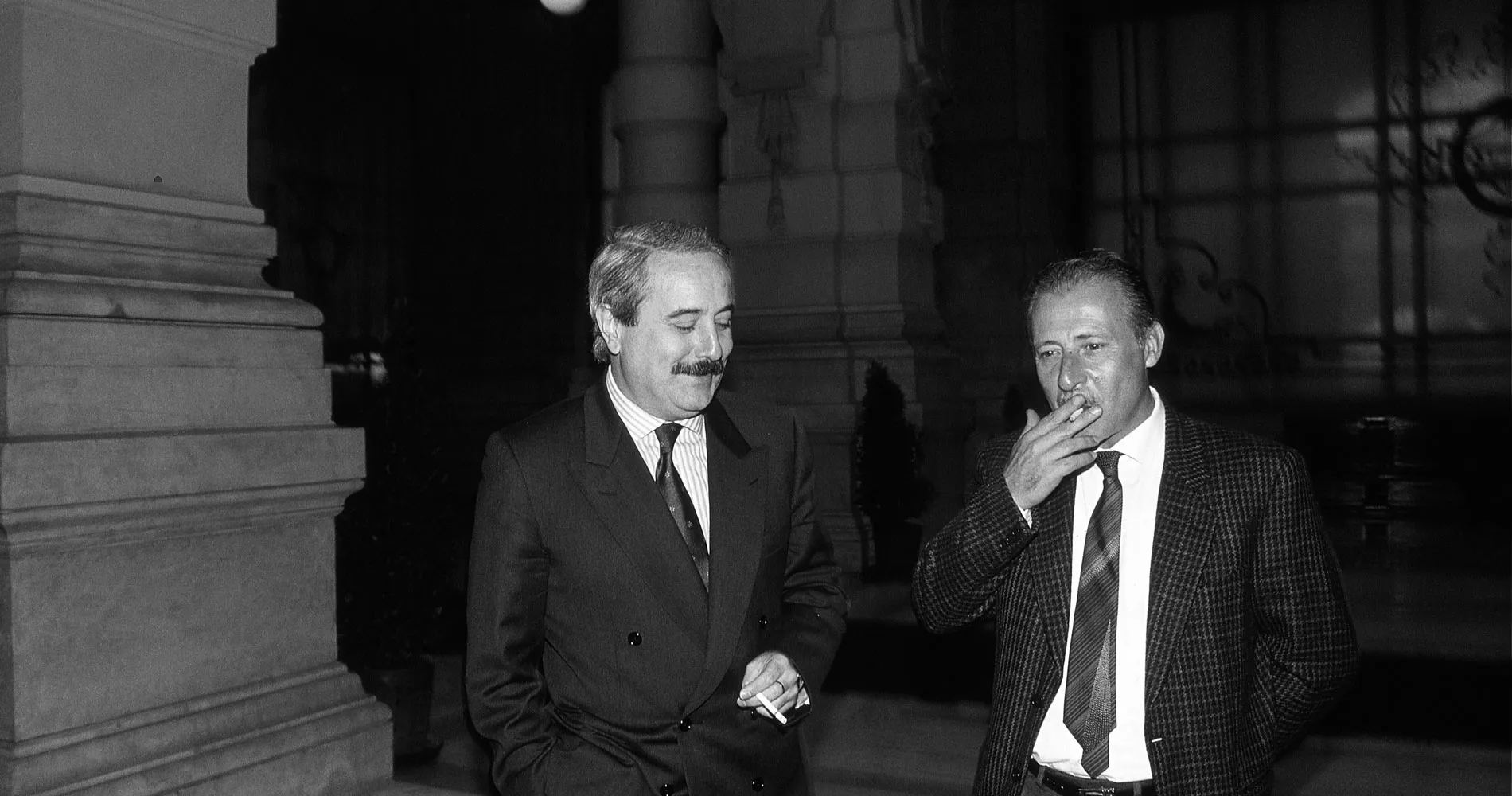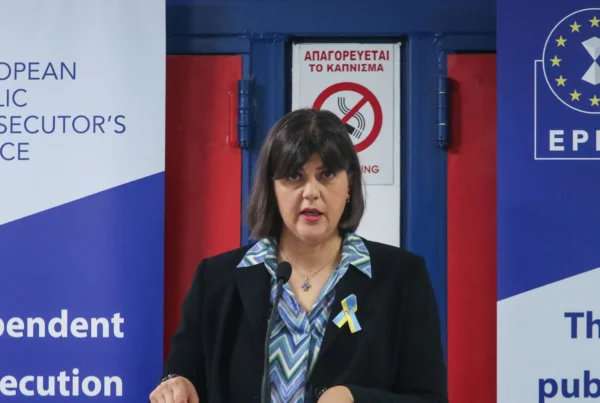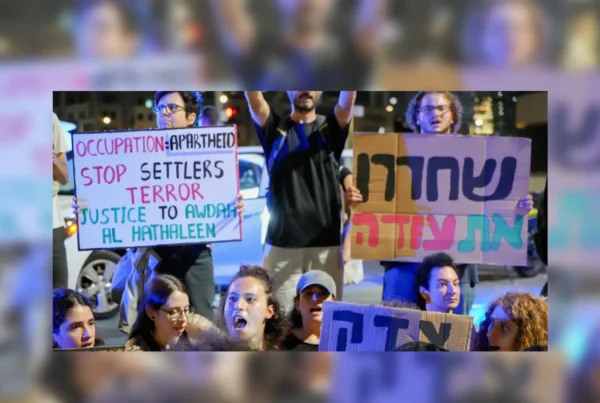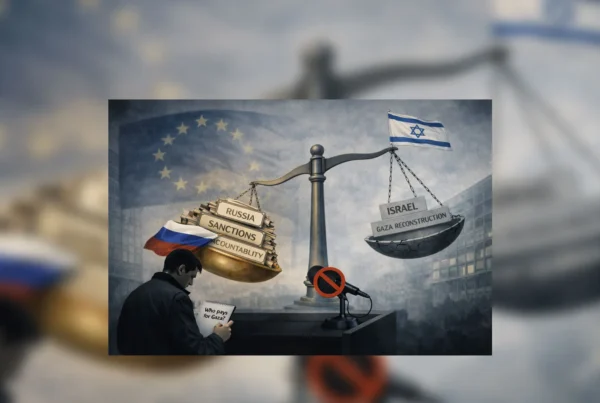A new leader with a militant past: Ahmed Hussein al-Sharaa’s rise is characterized by contradictions. His calls for unity are tested by violent clashes and the fragile integration of the Kurdish community. Against this backdrop, Kurdistan Workers’ Party’s (PKK) recent decision to disband and disarm in Turkey, coupled with the jailing of a key Turkish political opponent, suggest a calculated strategy where the shifting Syrian landscape offers both opportunity and a convenient distraction for Turkey’s own internal struggles.
Meric Sentuna Kalaycioglu
19 May 2025
Chinese version | French version
Syria has yet again experienced a significant shift in governance, impacting regional dynamics. In January 2025 Ahmed Hussein al-Sharaa, emerged as Syria’s new leader following the overthrow of President Bashar Al-Assad. Al-Sharaa’s ascension to power marks a pivotal moment in Syrian history, given his complex background and the challenges that lie ahead.
Al-Sharaa first gained prominence under the nom de guerre Abu Mohammad Al-Julani invoking historical symbolism. “Al-Julani” is a reference to the Golan Heights, a region captured from Syria by Israel in 1967 and later annexed. The choice of name signaled commitment to the broader struggle over Syrian sovereignty. As the leader of the militant group Hayat Tahrir al-Sham (HTS), he played a significant role in the Syrian civil war. Under his command, HTS consolidated power in northwestern Syria, and his involvement with jihadist factions, including ties to al-Qaeda, has been a subject of international scrutiny.
His decision to drop the alias upon entering Damascus has been interpreted a shift from extremist militancy to more political pragmatism and moderation. He has recently emphasized the need for practical governance and national unity. In a speech in December 2024 at the Umayyad Mosque in Damascus, he referred to the fall of the Assad regime as a victory for the Islamic nation, calling for reflection and reconciliation. However, on 6 March 2025 in Latakia, the principal port city of Syria, intense clashes erupted between Syrian security forces and armed groups reportedly loyal to the former Assad regime, which resulted in significant casualties in the hundreds.
Syria’s new government’s relationship with Kurdish factions, particularly the People’s Protection Units (YPG), is complex. The YPG, a Kurdish-led militia, active since 2011, has been the backbone of the US-backed Syrian Democratic Forces (SDF) and played a key role in defeating Islamic State of Iraq and al-Sham (ISIS). Under Al-Sharaa’s leadership, a significant agreement was reached on 10 March 2025 to integrate the SDF into Syria’s state institutions – recognizing the Kurdish community as an integral part of the nation and aiming to unify military efforts against remaining Assad loyalists. That accord laid the groundwork for a follow-up agreement signed on 1 April 2025, which has since resulted in a phased withdrawal of SDF units from Aleppo. Under the new terms, Kurdish internal security forces retain control of key neighborhoods, while other SDF elements are now operating in coordination with Syria’s Interior Ministry – a concrete step toward their formal incorporation into the Syrian state apparatus.
The success of these initiatives hinges on resolving longstanding grievances and ensuring fair representation for Kurdish communities. However, the violent clashes in Latakia in early March 2025, which resulted in civilian casualties among Alawite communities, an ethnoreligious group living primarily in Syria, raises questions about Al-Sharaa’s true intentions and the durability of this new partnership: could similar actions one day be directed at Syria’s Kurdish population?
Turkey, on the other hand, considers the YPG a terrorist organization due to its ties to the Kurdistan Workers’ Party (PKK). The change in Syria’s leadership has coincided with a renewed push by neighboring Turkey, to address its longstanding conflict with the PKK. Ankara’s reconciliation efforts with Kurdish voters had already begun in October 2024; developments in Syria seem to have added an additional layer of urgency.
On 22 October 2024, Devlet Bahçeli, leader of Turkey’s Nationalist Movement Party (MHP) and ally of President Recep Tayyip Erdoğan, made a surprising proposal. Bahçeli suggested the PKK’s leader, Abdullah Öcalan, imprisoned since arrest in Kenya in 1999, be allowed to address the Turkish Parliament if he declares an end to the PKK’s armed insurgency. This proposal, which suggests the possibility of Öcalan’s release due to old age, marked a significant departure from Bahçeli’s traditionally hardline stance against the PKK. What followed was historic: Öcalan issued a formal call for the PKK to disarm and disband, which culminated in the group’s announcement on 12 May 2025 that it would permanently end its armed struggle and dissolve its organizational structures. The disarmament, marks the end of a four-decade conflict, during which over 40 000 lives were lost.
However, the arrest and detention of the leading presidential contender, Istanbul Mayor Ekrem İmamoğlu on 19 March on corruption and terrorism-related charges now suggests that Bahçeli’s conciliatory gesture towards Öcalan was a calculated maneuver to suppress opposition voices. The pro-Kurdish DEM Party, which holds 57 seats (out of 593) in the Turkish Parliament, would have potentially channeled dissent both within parliament and on the streets. By signaling a resolution to the PKK conflict, Bahçeli has pre-emptively reduced the involvement of Kurdish-led groups in broader protests over İmamoğlu’s arrest. Bahçeli’s gesture toward Öcalan therefore seems less a policy shift and more a deliberate effort to neutralize opposition before targeting a key opposition figure. While HTS’ victory in Syria may not be the direct catalyst for these moves, it serves as a convenient backdrop that allows Ankara to pursue multiple strategic objectives simultaneously.
The recent developments in Syria and Turkey underscore the intricate interplay of politics, security and economics in the region. Since January 2025 Syria has reduced customs duties on Turkish imports on nearly 270 products by up to 70%. A negotiated free trade agreement between the two countries is now on the table again, after being suspended in 2011.
Ahmed al-Sharaa’s rise to power introduces a leader with a contentious past, simultaneously prompting hope and skepticism about Syria’s future trajectory. Turkey’s response, particularly Bahçeli’s unexpected overture to the PKK, suggest a calculated strategy where Ankara is attempting to capitalize on the political shift in Syria while simultaneously suppressing internal dissent.
As both governments craft their next moves, deeper and more complex questions are beginning to surface. Would the PKK have agreed to disarm and dissolve had it not been for the collapse of Assad’s regime and Erdoğan’s political calculus to secure Kurdish votes by signaling an historic shift? And, with the PKK’s departure from armed struggle, how long can the YPG—seen by Ankara as an extension of the PKK—maintain its position in northeastern Syria without becoming the next focus of Turkish pressure? Only time will tell whether these parallel transitions mark the beginning of lasting regional stability or a temporary alignment of political convenience.


